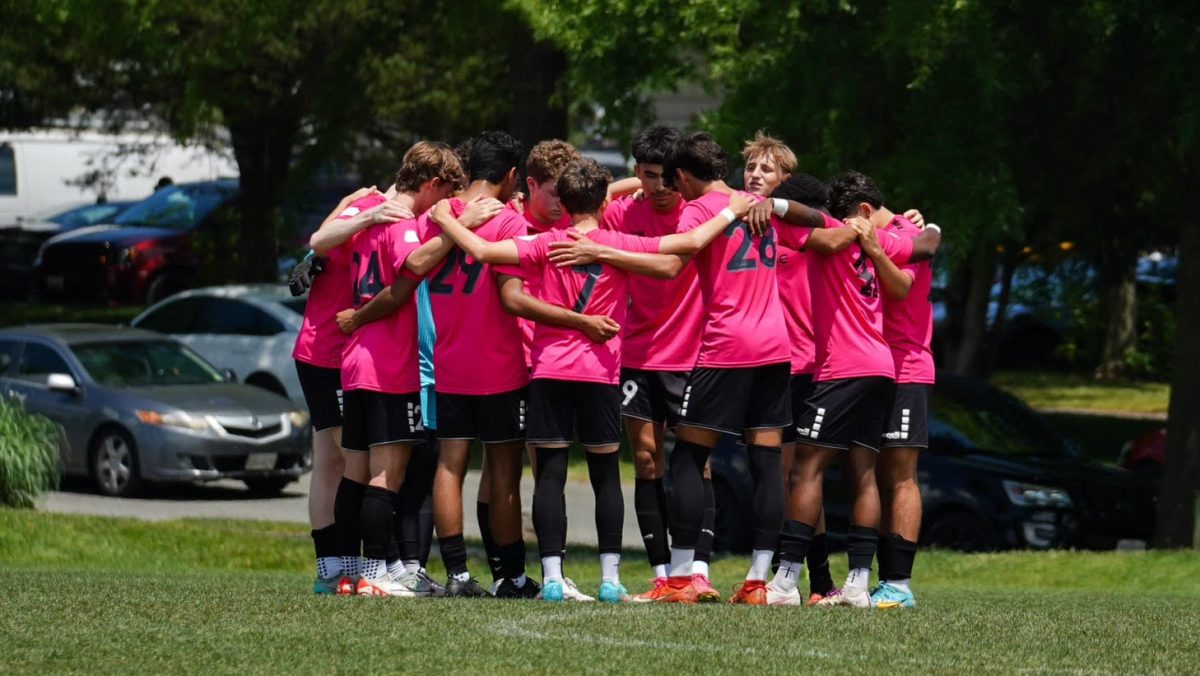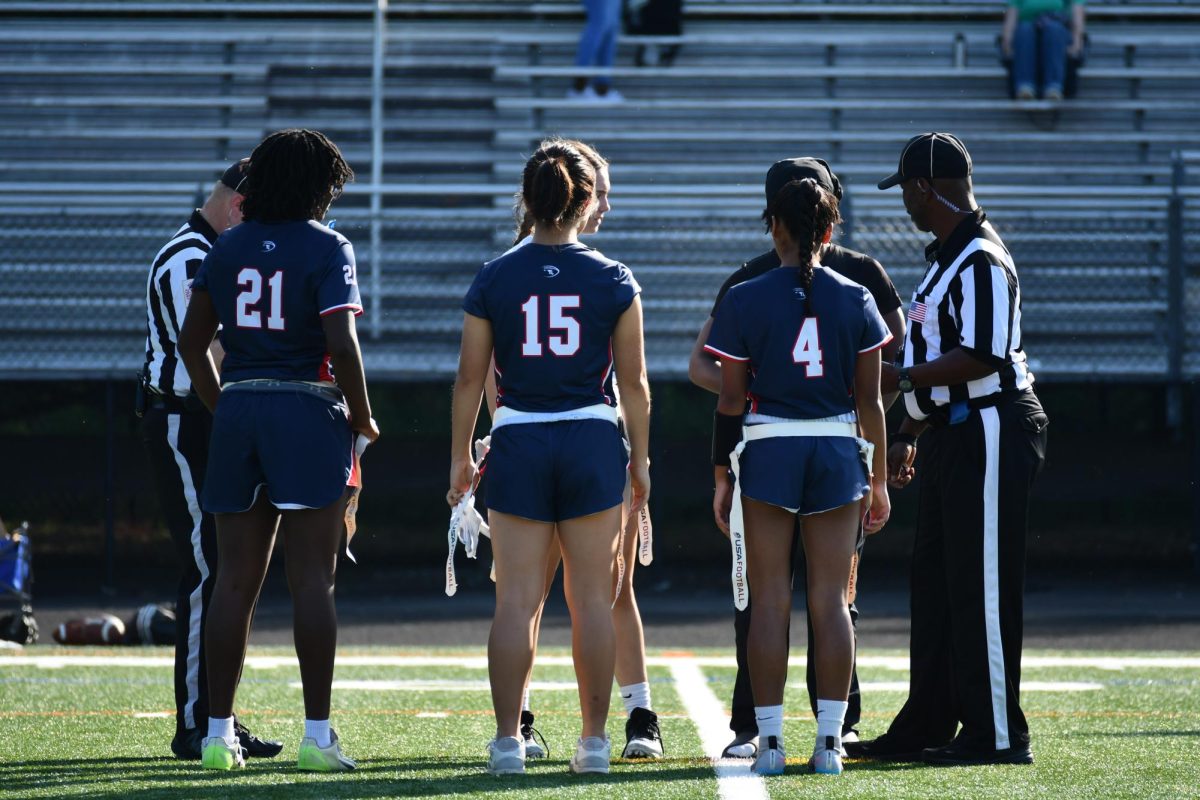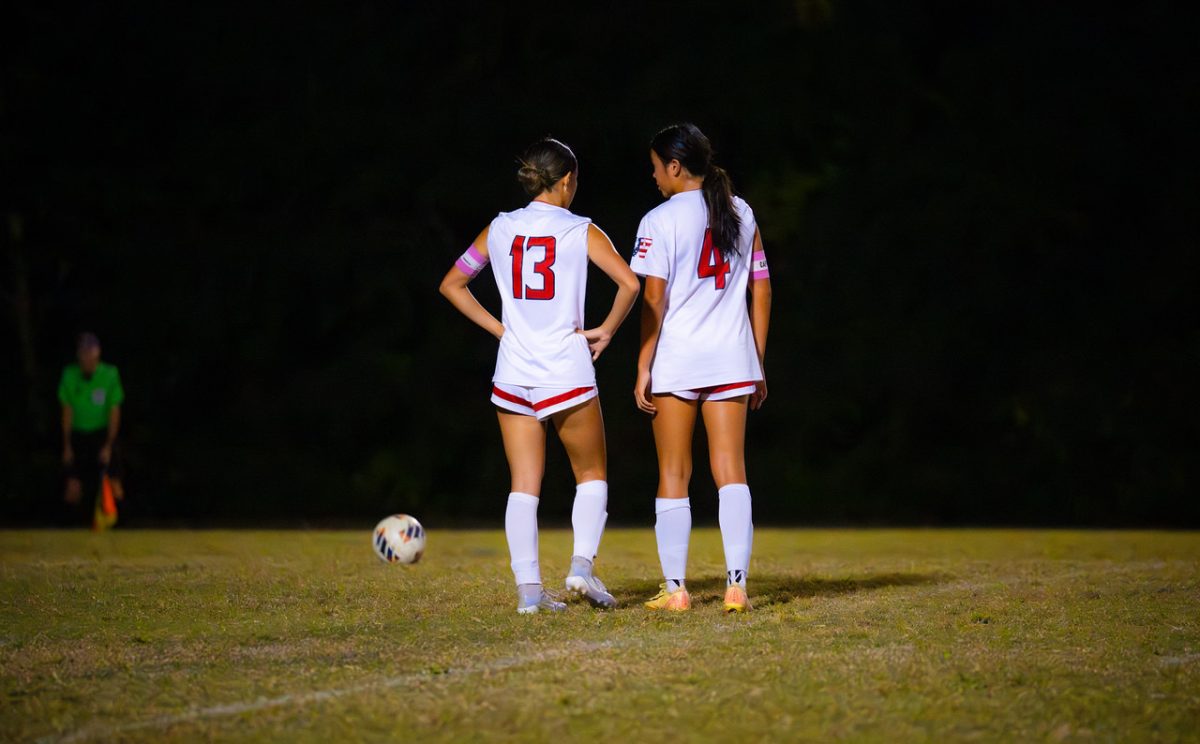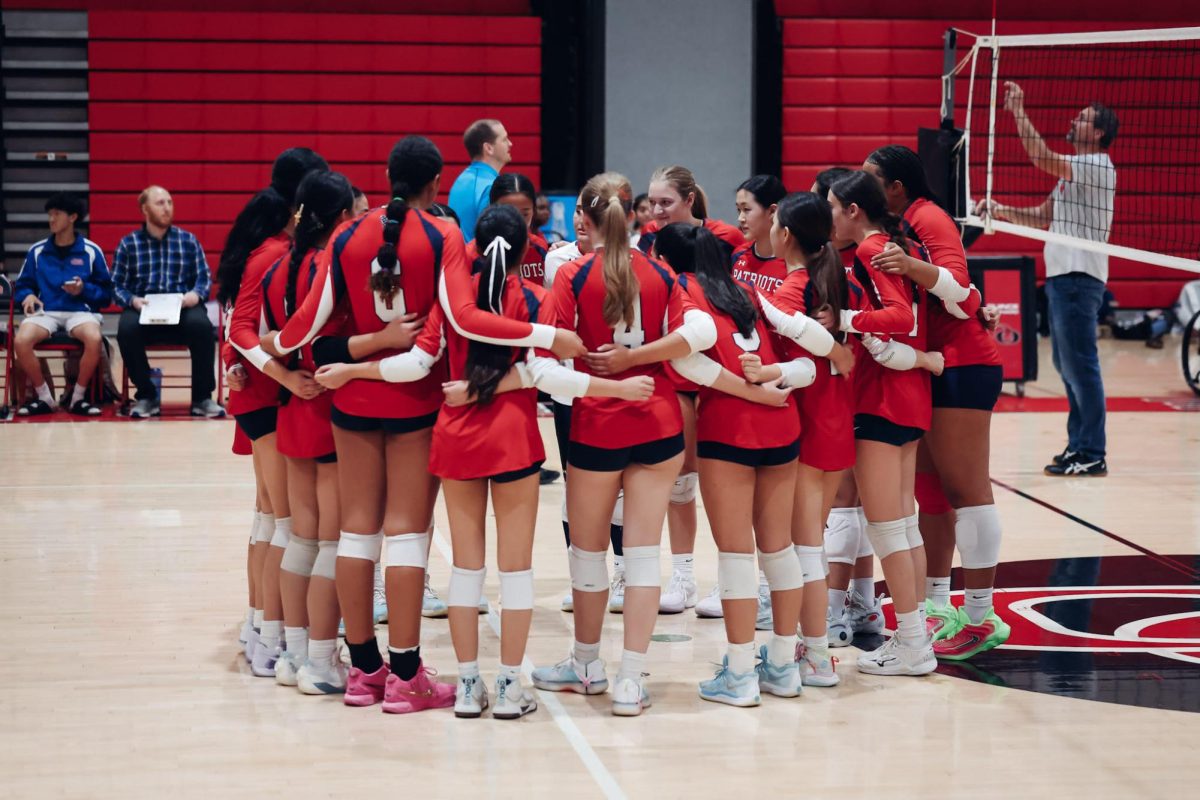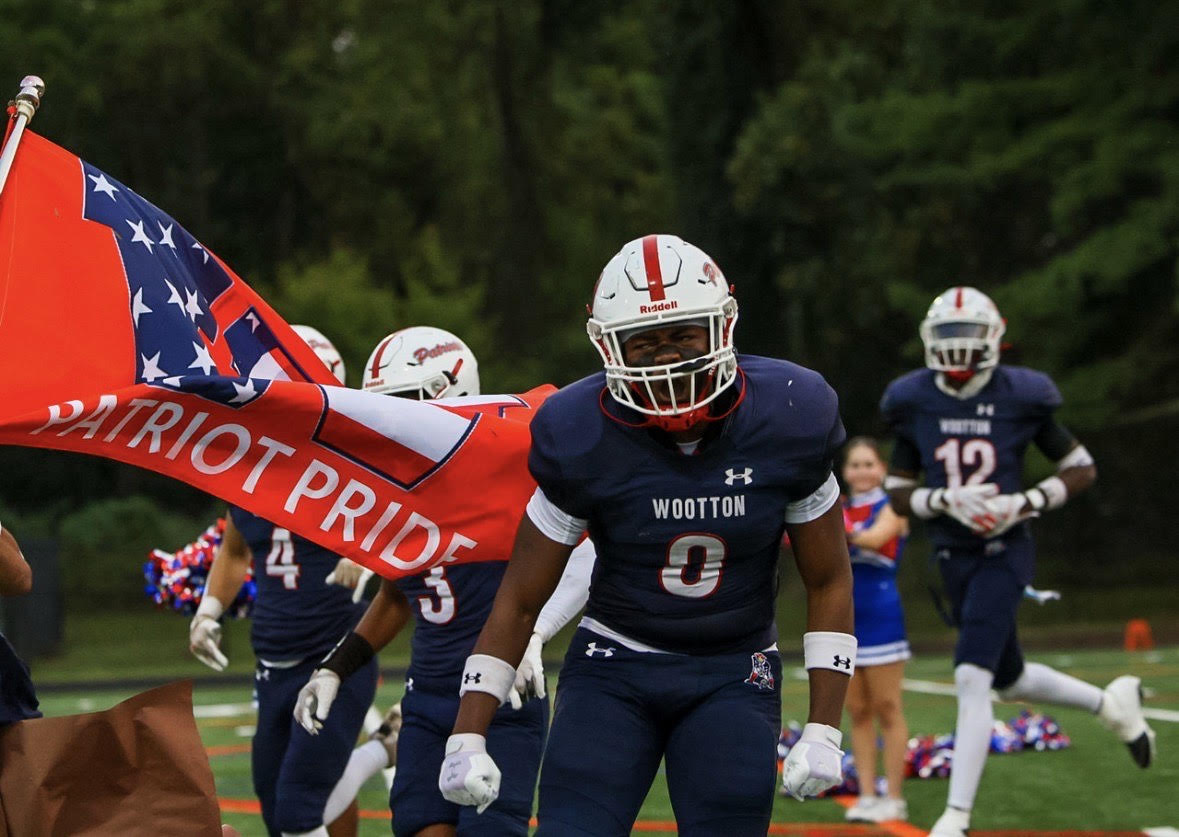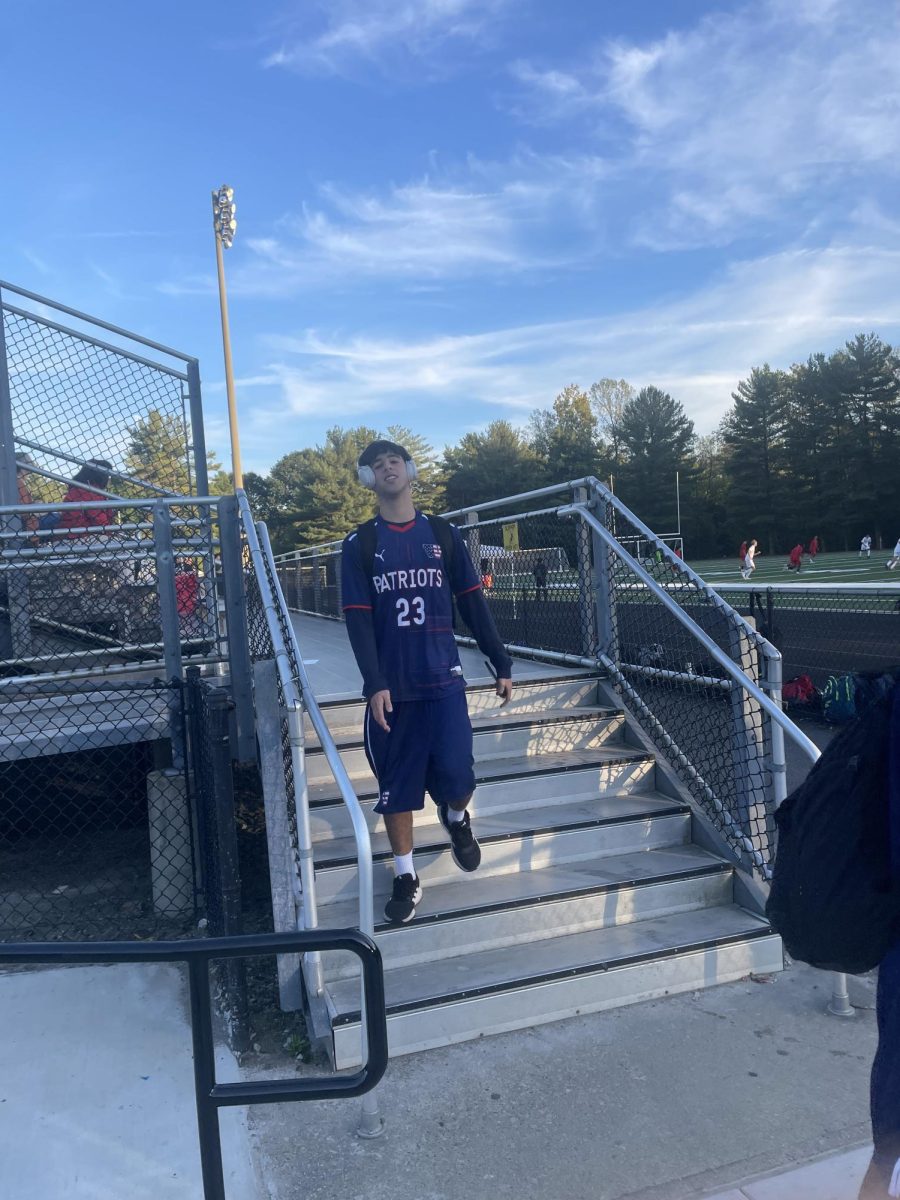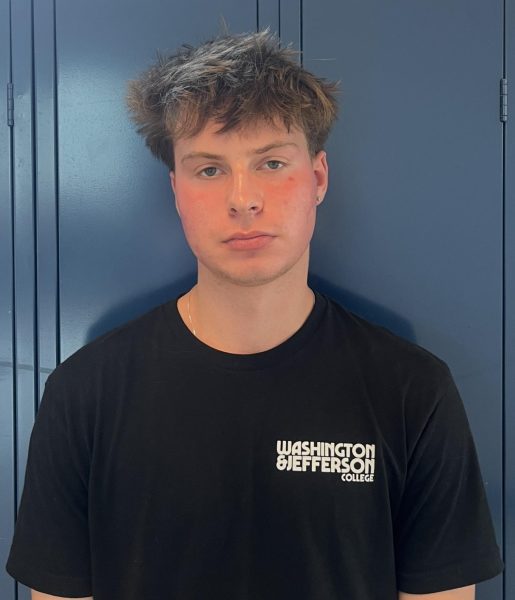The pressure to perform in youth sports has never been higher, and has never started at an earlier age. Parents, teammates, coaches are all external pressures for young athletes, not to mention self expectations.
Level and age are the two biggest factors into how much pressure a young athlete will feel. As an athlete gets older, the pressure naturally grows, and playing a high level only makes it worse. “I started to feel pressure to perform as I began to play more competitively. I began to compete more in middle school and that’s definitely when I felt pressure to get better and play at a higher level,” junior field hockey athlete Nicole Subiela said.
Actual level isn’t the only thing that can create pressure; judgment from others can as well.
“I started to feel pressure when people started to judge me based on the team I played for,” junior soccer player Kevin Sun said.
Expectations don’t just come from one self, but rather people with different roles in an athletes’ lives. Pressure comes from all sides, and can feel crushing. “I think that there’s too much pressure being put on young athletes considering that the pressure isn’t only coming from themselves, but also parents, coaches and teammates who set high expectations from them,” Subiela said.
Youth sports aren’t all negative. Youth teams have a variety of levels and intensity, which means there’s a team for everyone. Social studies teacher Christina Rice has two sons who both play travel baseball, but she said, “Their teams are so different, there’s one team that’s way too intense, the head coach is intense, there’s a lot of pressure on that team.”
Kids love being challenged, and one of the biggest positives of youth sports is that kids can face similar competition to themselves. However, the urge for competition can be quenched. “When my kids played rec they were pretty bored, they weren’t being challenged,” Rice said.
The illusion of needing to play for a top team causes kids to put unnecessary pressure on themselves. When people look back, they may wish they didn’t feed into the idea that the level they play defines them. “Don’t be embarrassed just because you play on a bad team. I realized this a little late since I was always trying to reach the top,” Sun said.
The idea of needing to play for a top team and to only focus on one sport relies on the accelerated nature of youth sports, which can create panic and make athletes think they need to focus on a single sport. “I think the process is really becoming too accelerated right now, meaning that kids have to direct themselves into one sport and focus on that sport specifically,” counselor and former BCC varsity girls’ soccer coach Robert Kurtz said.
Athletes may attempt to go against the flow and play multiple sports, but that also comes with consequences. It can put kids at a disadvantage against their peers who only played one sport. “I get very excited to see kids play multiple sports, but what ends up happening is you try to make your middle school team and you’re competing against boys and girls who are focused on one sport,” Kurtz said.
Sports are meant to add to happiness, not take away from it. The pressure on youth athletes is increasing, however, it’s important for the youth to try their best to not put too much pressure on themselves. “Playing with so much pressure will simply ruin your experience,” Sun said.
Youth sports used to be dominated by a sense of community, something that has faded away. Leagues like Little League for youth baseball and even high school sports could bring together a community, something that travel sports doesn’t do. When talking about his daughter, Kurtz said he “was hoping she would have the opportunity to win the state championship, but that’s not the state of anything anymore, because travel is taking over the town programs.”


